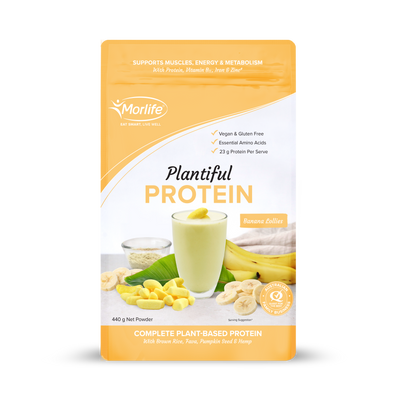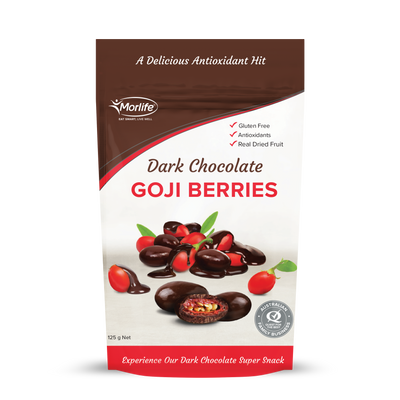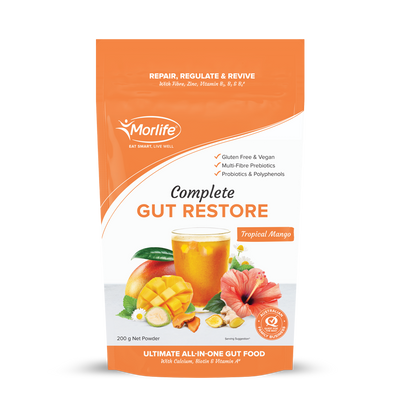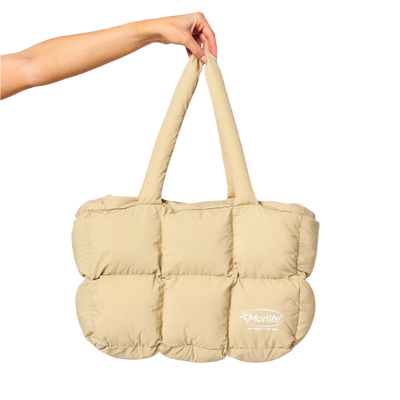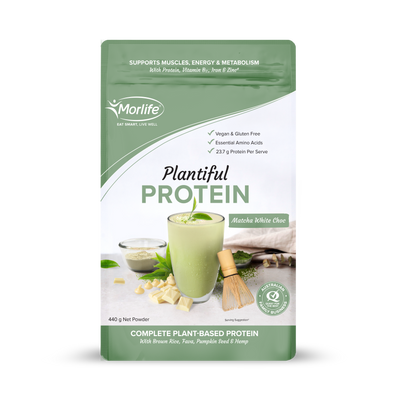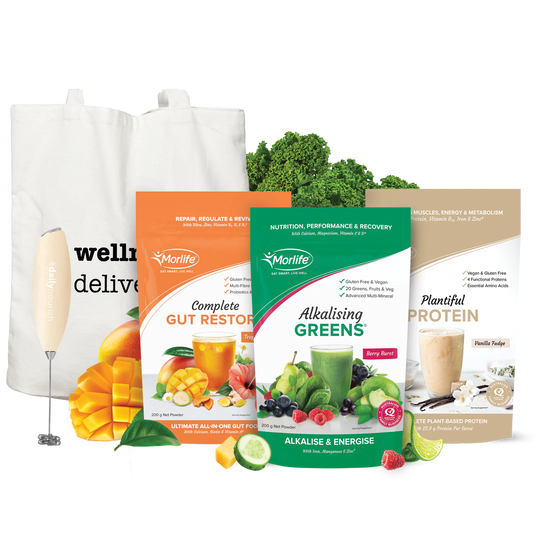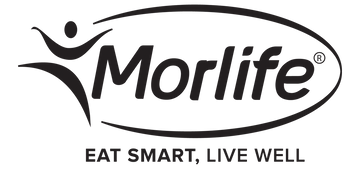Thinking about going vegan in 2021?

It’s never been easier to choose a meat-free diet with vegan and vegetarian food and dining options booming in response to consumer demand. The vegan diet eliminates all animal products, including meat, seafood, poultry, eggs, and dairy1.
Many of us know the environmental and ethical benefits to minimising or eliminating animal-based foods. Animal agriculture is a major contributor to greenhouse gas emissions and land clearing; while industrial farming has commodified livestock leading to increased animal cruelty. Even the term livestock relates to living stock, a testament to their commodification. Beyond that, our typical Western diet is one of excess, with animal product consumption being no exception. Most of us can afford to reduce our intake of animal products, for the betterment of ourselves and the planet.
Vegan staples;
- legumes,
- fruit,
- vegetables,
- nuts,
- seeds
All have profound health benefits including reducing the risk of developing chronic diseases such as cardiovascular disease, obesity, cancer, and type-two diabetes2. These foods are rich in fibre, magnesium, folic acid, vitamin C, vitamin E, iron and beneficial phytochemicals2 (plant chemicals). Not to mention they contain fewer kilojoules and less saturated fat2, offering protection against obesity and cardiovascular disease.
That said, you can be unhealthy on a vegan diet. It may be harder to say yes to cake at functions and you’ll probably find yourself frequenting restaurants and cooking recipes with more fruits and vegetables, but just because its vegan doesn’t make it healthy. The popularity of veganism has skyrocketed and with it the number of businesses pandering to our tastebuds in response to consumer demand. It’s now possible to buy vegan alternatives for cheese, donuts, burgers, pizza, and meat. However, in order to achieve a similar flavour to their original counterparts, there are some funky low-nutrient additions (such as flavour enhancers, texturized soy protein, and gluten) which can make them just as bad, if not worse than the original.
Another limitation to the vegan diet is that some nutrients can be difficult, if not impossible to obtain from diet alone. Nutritional deficiencies keep us from reaching our optimal nutrition status and hold us back from wellness. So, we raise the question: Will you get enough nutrients from a vegan diet?
Protein, Fats, and Carbohydrates
An obvious first step taken on the vegan diet journey is to eliminate animal products. However, we need to replace the protein, fat and overall energy deficit from removing dairy, meat, and eggs. It’s easy to eliminate animal products, but to replace them with carbohydrates such as pasta, potatoes, white rice and flour creates the basis of an unhealthy diet. Even vegan protein sources – beans and legumes – are carbohydrate based. We sometimes refer to this as a carbotarian diet – where poor quality or too many carbs replace healthy carbohydrates, protein, and fat. This reduces the nutrient density and increases the risk of deficiency. Ensuring there is a source of protein and healthy fat with each meal, such as legumes, nuts, and seeds, and that vegetables make up the bulk of each meal will support this beautifully.
Omega 3
Excluding fish and eggs puts vegans at risk of omega-3 deficiency3, which can contribute to inflammation, as well as poor cognition, skin and hair health. Plant-based sources such as chia seeds, linseeds and hemp seeds are high in the omega-3 fat alpha linolenic acid which can’t be used by the body. While we can convert it into the useable forms Eicosapentaenoic acid (EPA) and docosahexaenoic acid (DHA), the conversion is not efficient2. This doesn’t mean we give up chia seed puddings or stop adding hemp seeds over breakfasts, it’s the opposite – eating more of these foods will give us a greater opportunity for the body to convert these fats into useable forms to nourish our skin, hair, eyes and fight inflammation.
Vitamin D
Typically, we get our vitamin D from sunshine, seafood and eggs so without adequate sun exposure and in the absence of fortified food products, vitamin D can be an issue3, particularly in cooler months. Vitamin D increases calcium absorption for strong bones and supports a healthy immune system. Unfortunately, plant-based sources of vitamin D are usually high in vitamin D2 which is less bioavailable than vitamin D33. Ensuring that you get enough sunshine and consuming foods fortified with vitamin D can help to avoid deficiency, however supplementation may also be required throughout cooler months3.
Vitamin B12
Vegans lean towards the lower end of the spectrum when it comes to B12 and are more likely to become deficient because it is not readily available in plant-based foods2. As a result, vegans often have higher homocysteine2, a marker for heart and kidney diseases. The primary source of B12 in the Western diet is from animal products. While our gut bacteria can generate a small quantity of B12, relying on this long-term is not sustainable. Vitamin B12 is required for cell replication and healthy red blood cell formation, but is also required for cognitive health. This is one nutrient where consuming fortified foods and supplementation is essential; don’t rely on only fermented foods, leafy vegetables and seaweed as a source of B122.
Iron and Zinc
Typically, the iron and zinc content of a vegan diet is high, but their bioavailability is low2 due to the presence of the phytates. Phytates are what we call ‘anti-nutrients’ and are present in a variety of common vegan foods including whole grains, legumes and seeds2. They bind to minerals like iron and zinc, making them unavailable for absorption within the body. Eating an abundance of mineral rich foods to overcome the phytate levels will be helpful; however fortified foods are also important to avoid deficiency2.
Needless to say, going vegan isn’t for everyone – some bodies simply aren’t able to digest and absorb these foods easily; and if you’re not prepared and willing to put in the work to tick all the nutritional boxes, it’s a fast way to become nutrient depleted. If you have doubts about your nutrition status, vegan or not, it’s best to touch base with your naturopath or nutritionist to ensure you’re getting the most out of your diet.
Morlife stock a bunch of vegan-friendly products that help to support your nutrition status and minimise your risk of deficiency on your wellness journey.
-
Alkalising Greens(Acai Raspberry and Lemon Lime flavour)
- These two vegan friendly flavours provide powerful plant-based greens along with Iron, Calcium, Magnesium and Zinc to bolster your nutritional intake.
-
Hemp Falafel Mix
- Morlife Hemp Falafel Mix is high in fibre, protein, calcium, magnesium and iron. Just add water and bake/fry until golden – vegan nutrition at its simplest.
-
Certified Organic Hulled Hemp Seeds
- High in protein, omega-3 fats, iron, folate and vitamin E. Simply sprinkle over salads or add to smoothies for a daily booster.
-
Chia Seeds
- An excellent source of fibre and omega-3’s and a handy egg-alternative. Simply soak 1 tablespoon of chia seeds in 3 tablespoons of water for an easy egg alternative.
Reference List
- Tuso et al. 2013 (https://www.ncbi.nlm.nih.gov/pmc/articles/PMC3662288/pdf/permj17_2p0061.pdf)
- Craig 2009 (https://academic.oup.com/ajcn/article/89/5/1627S/4596952)

